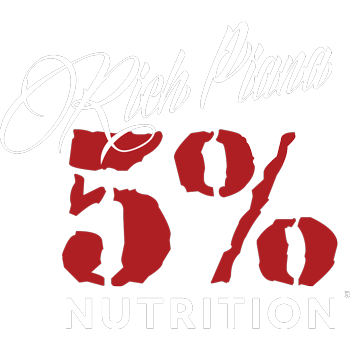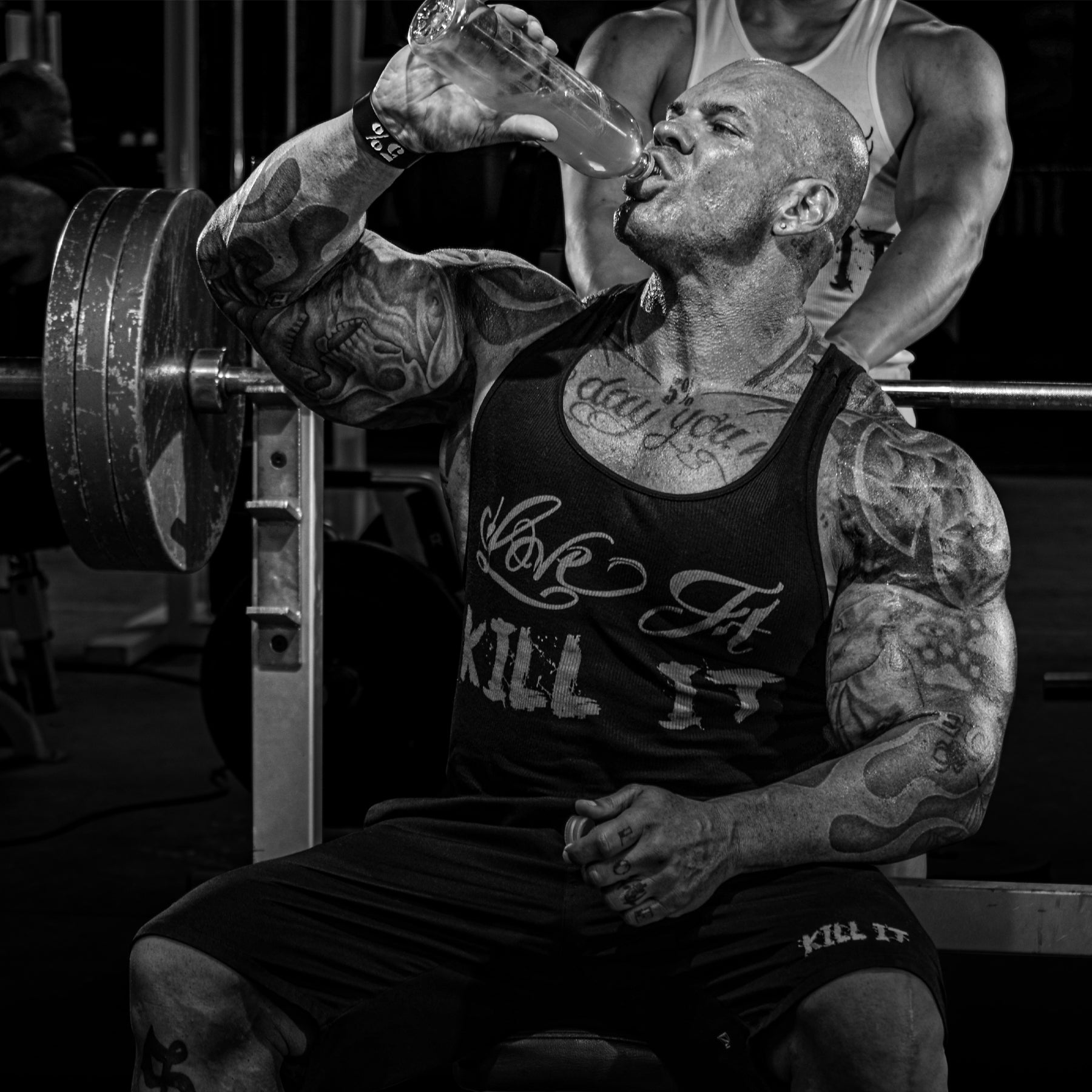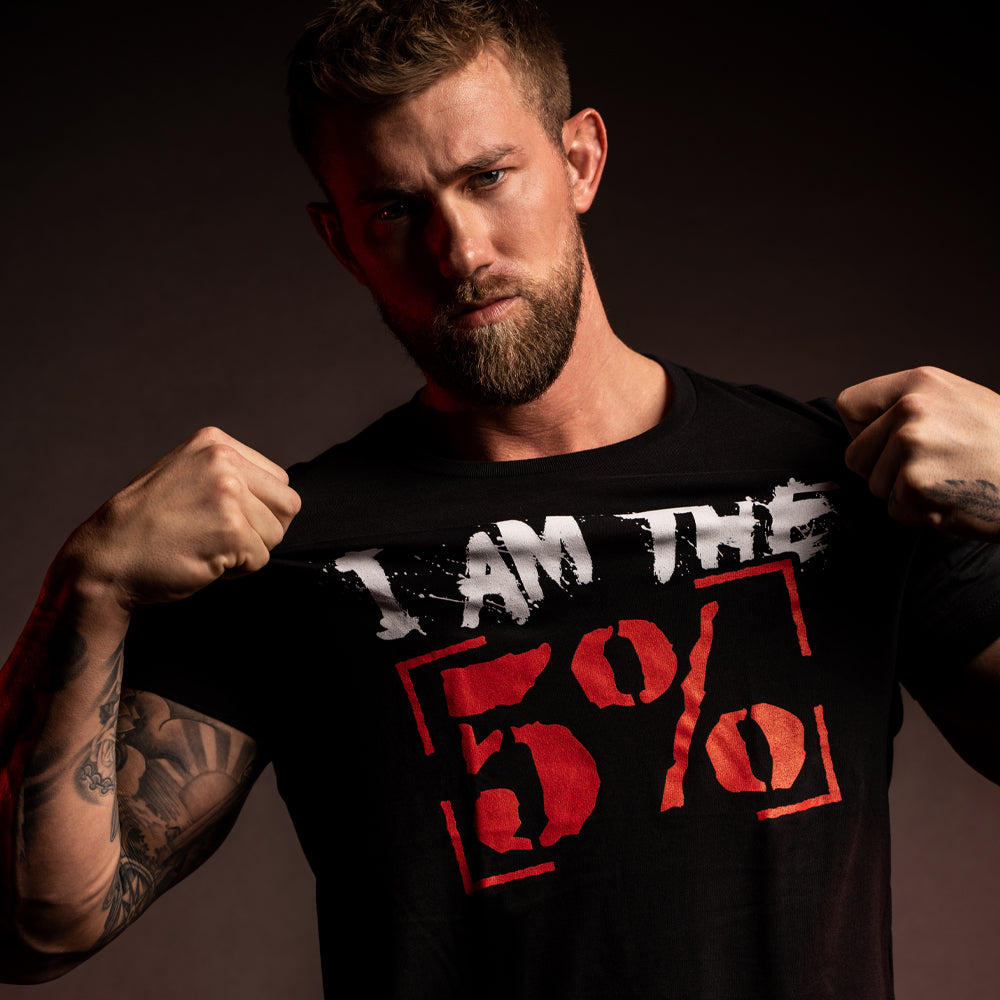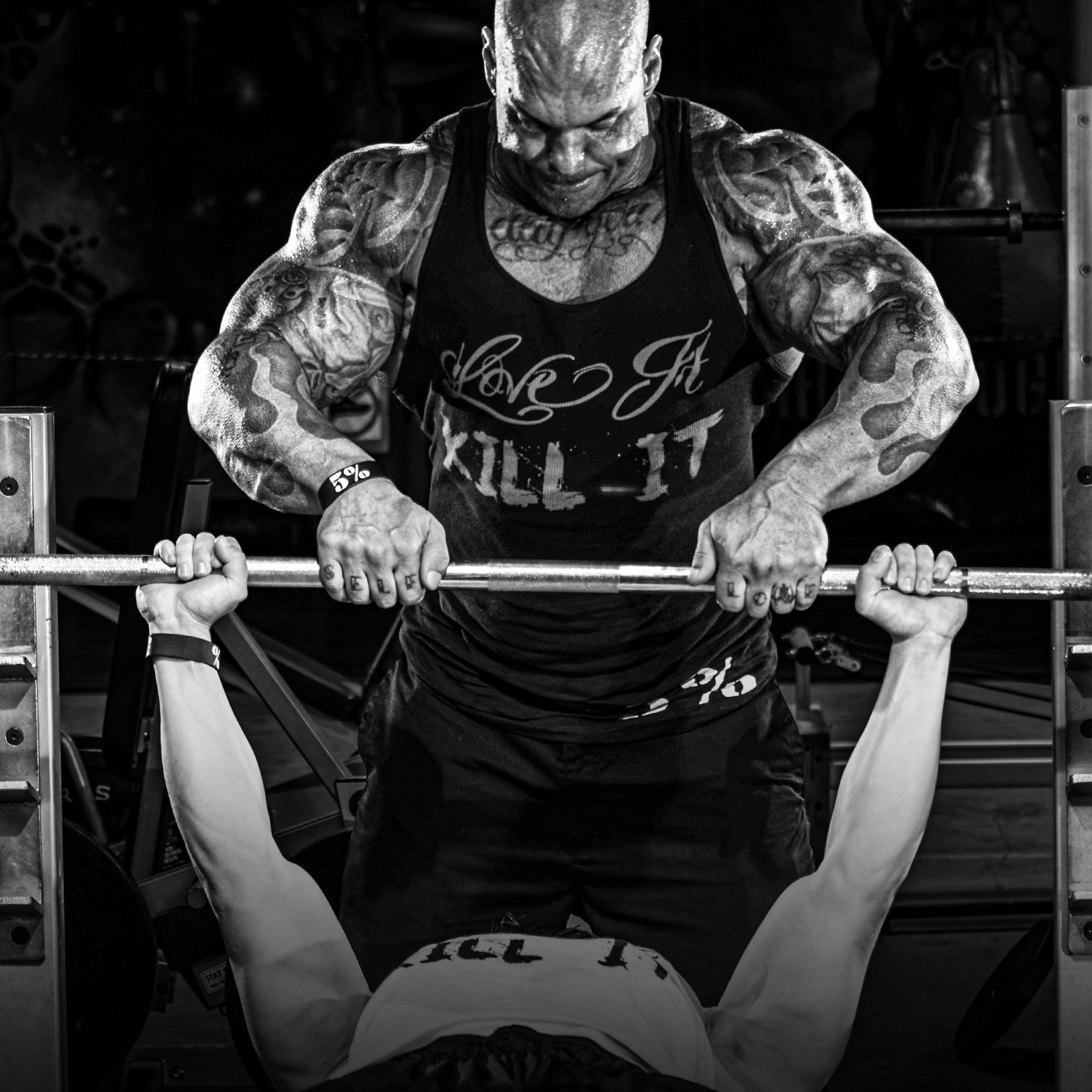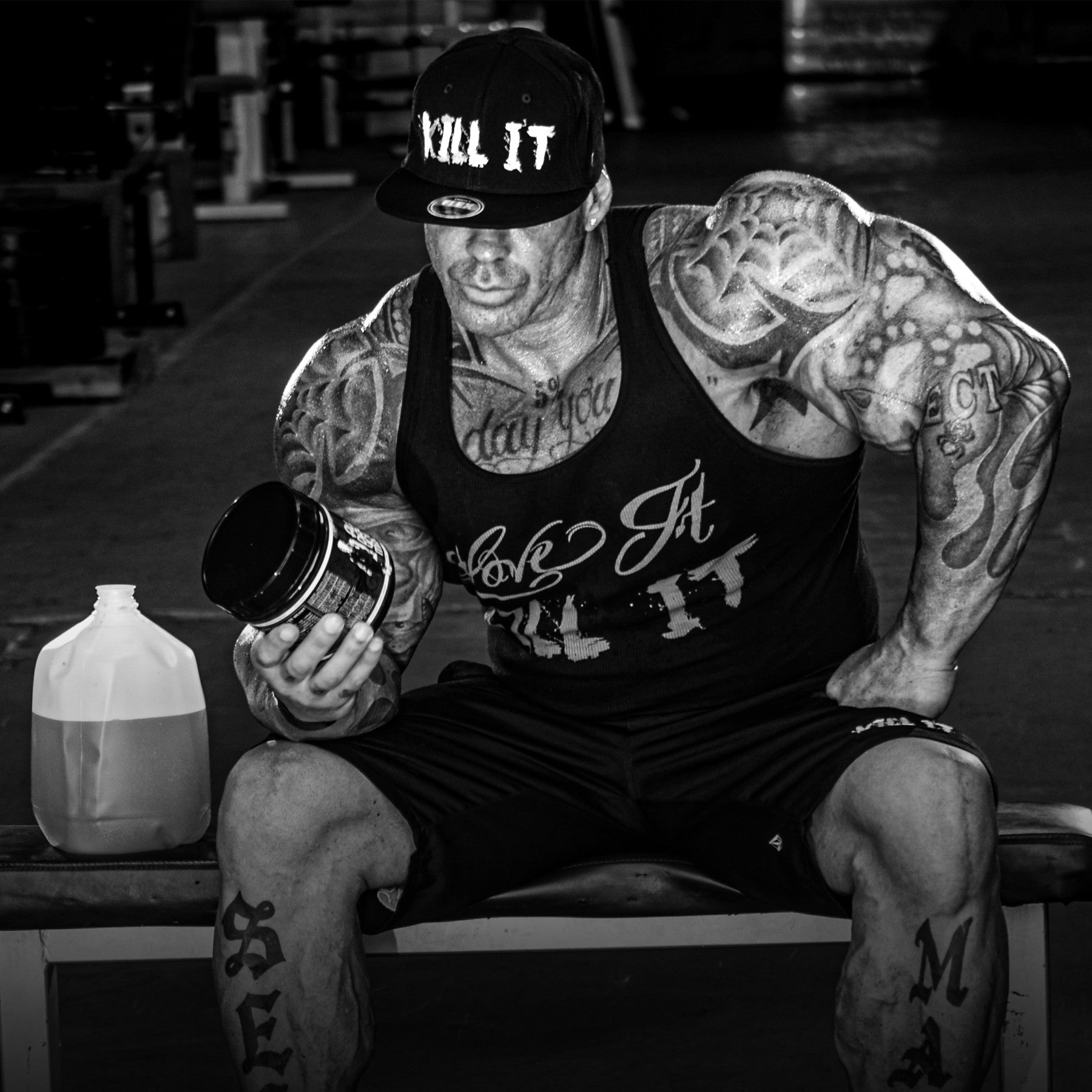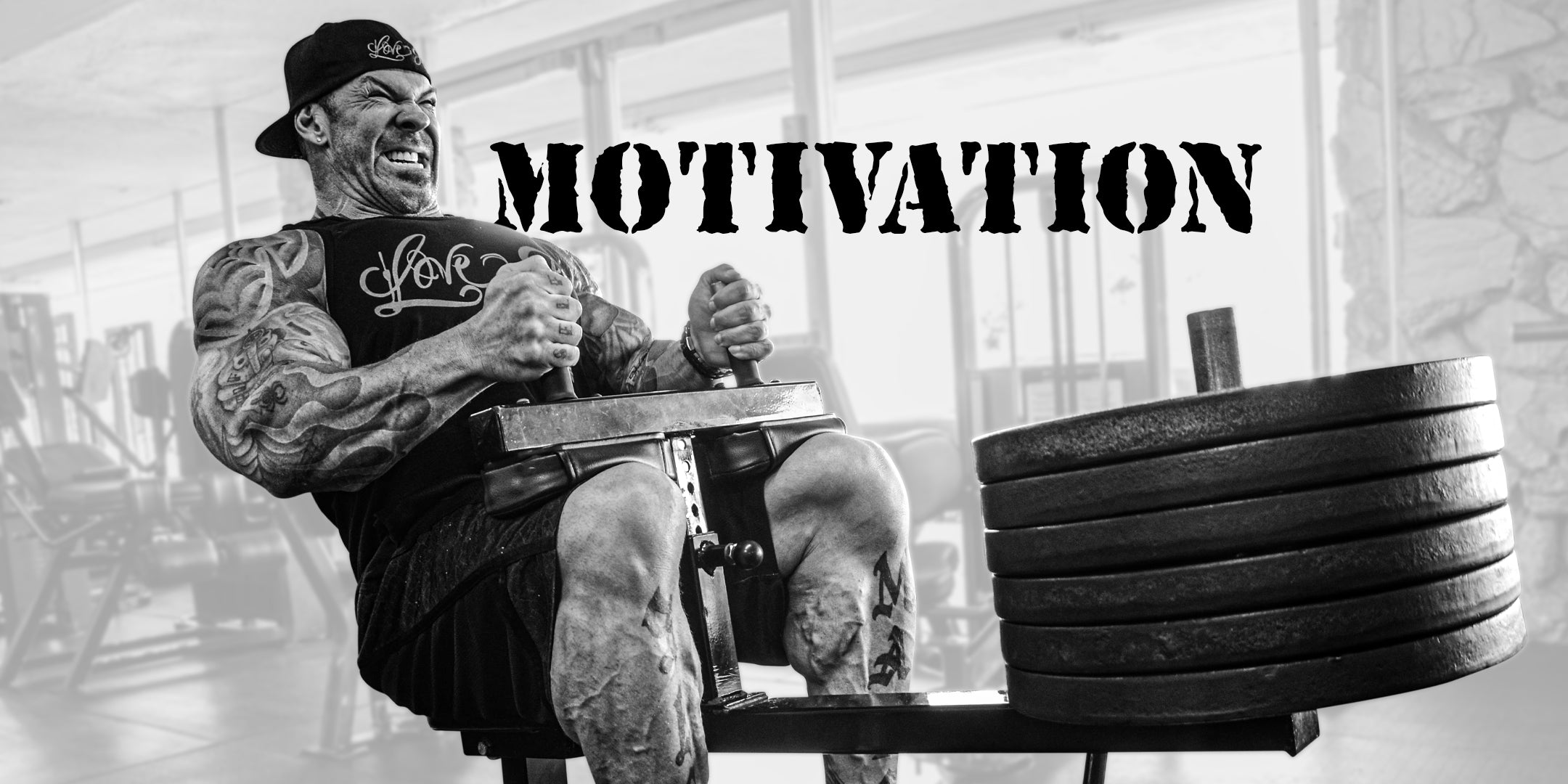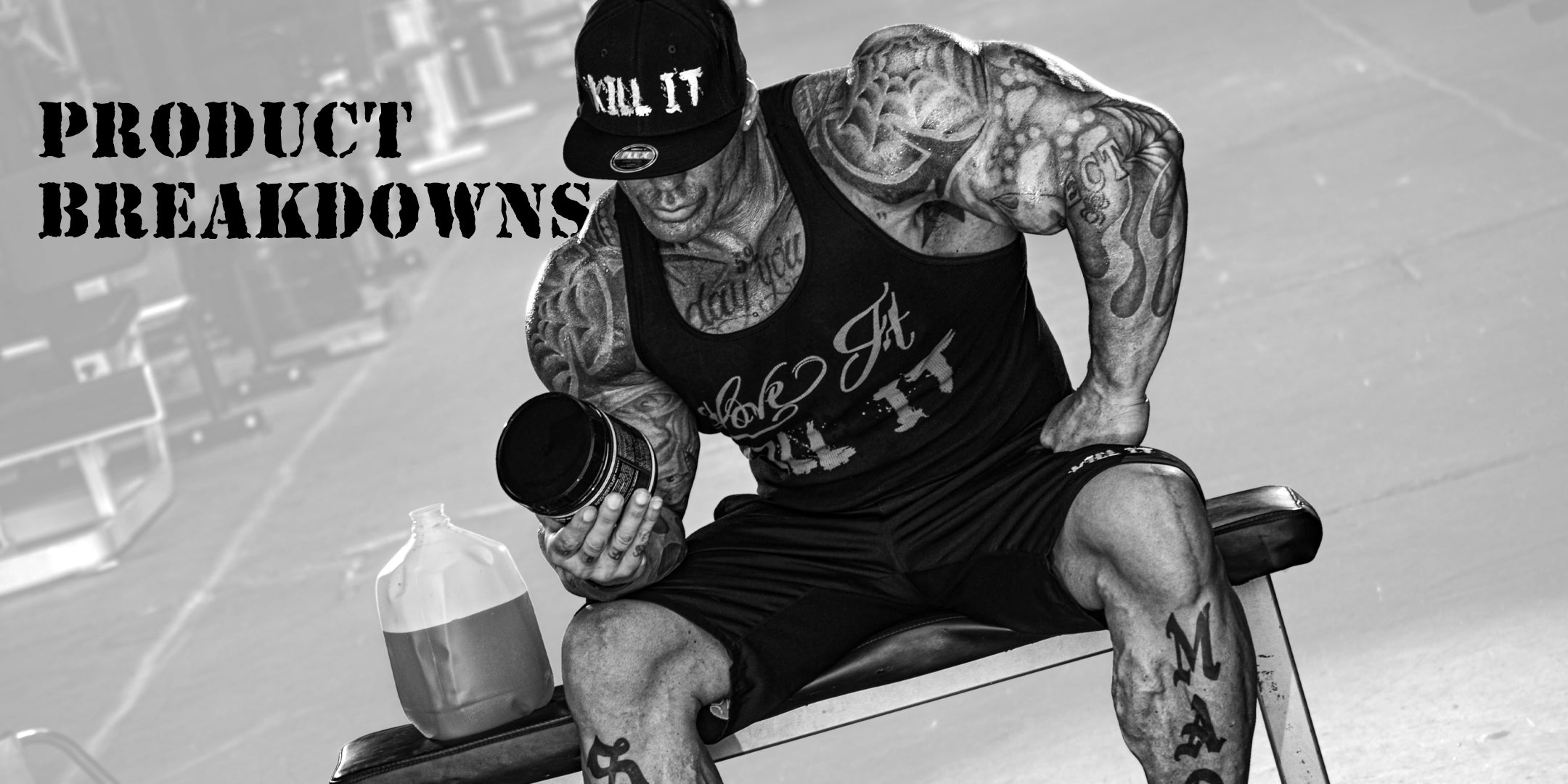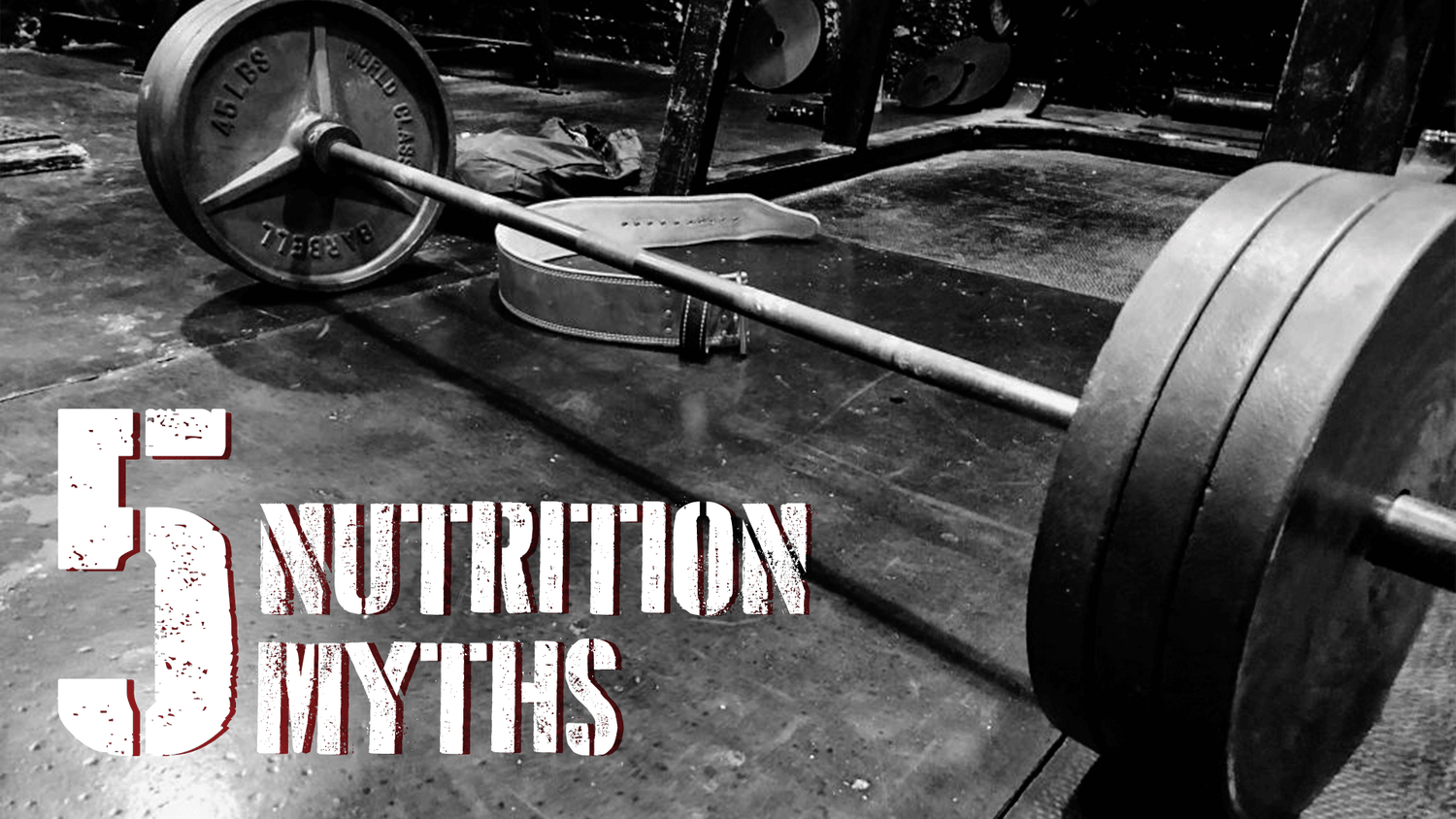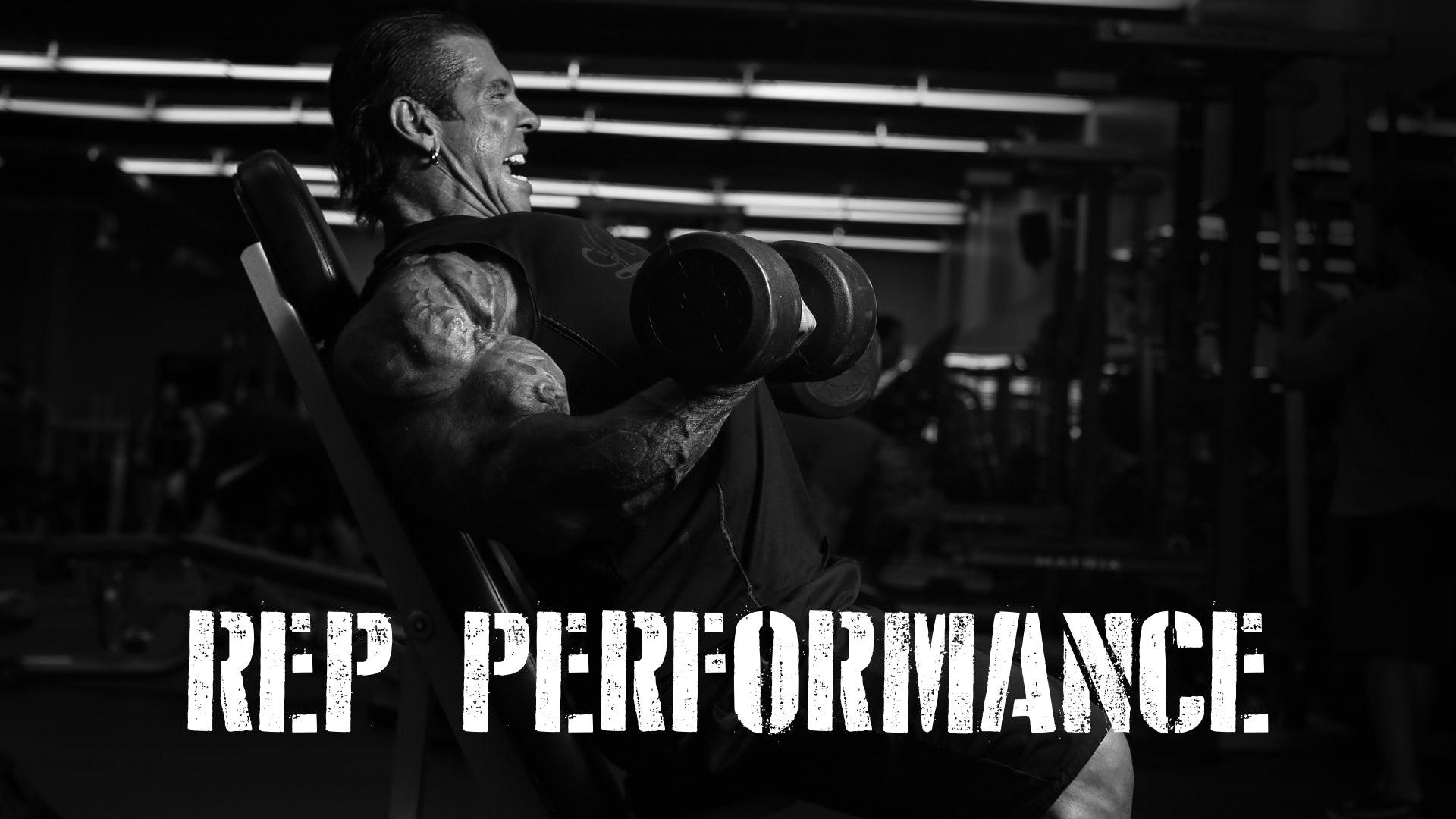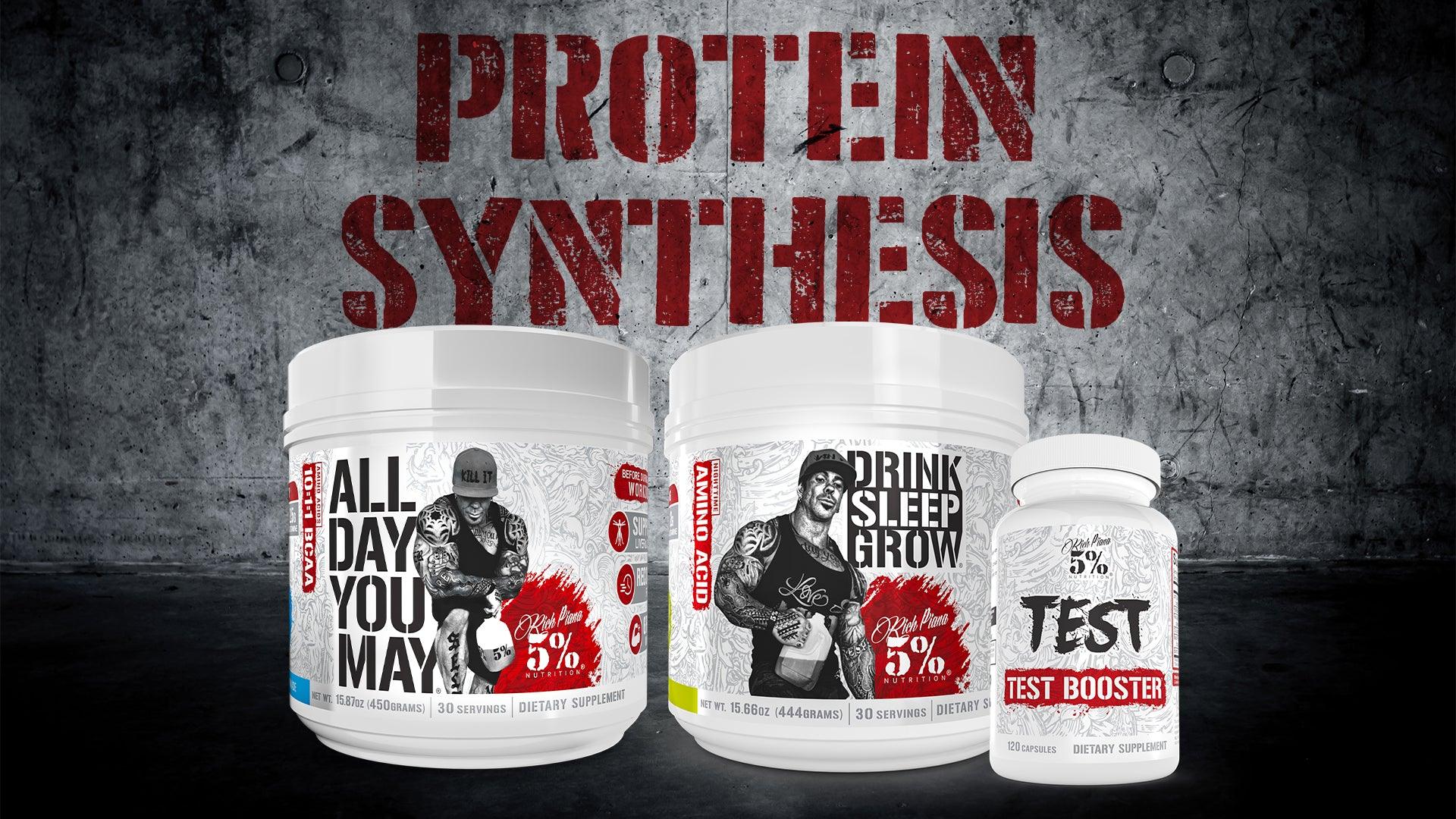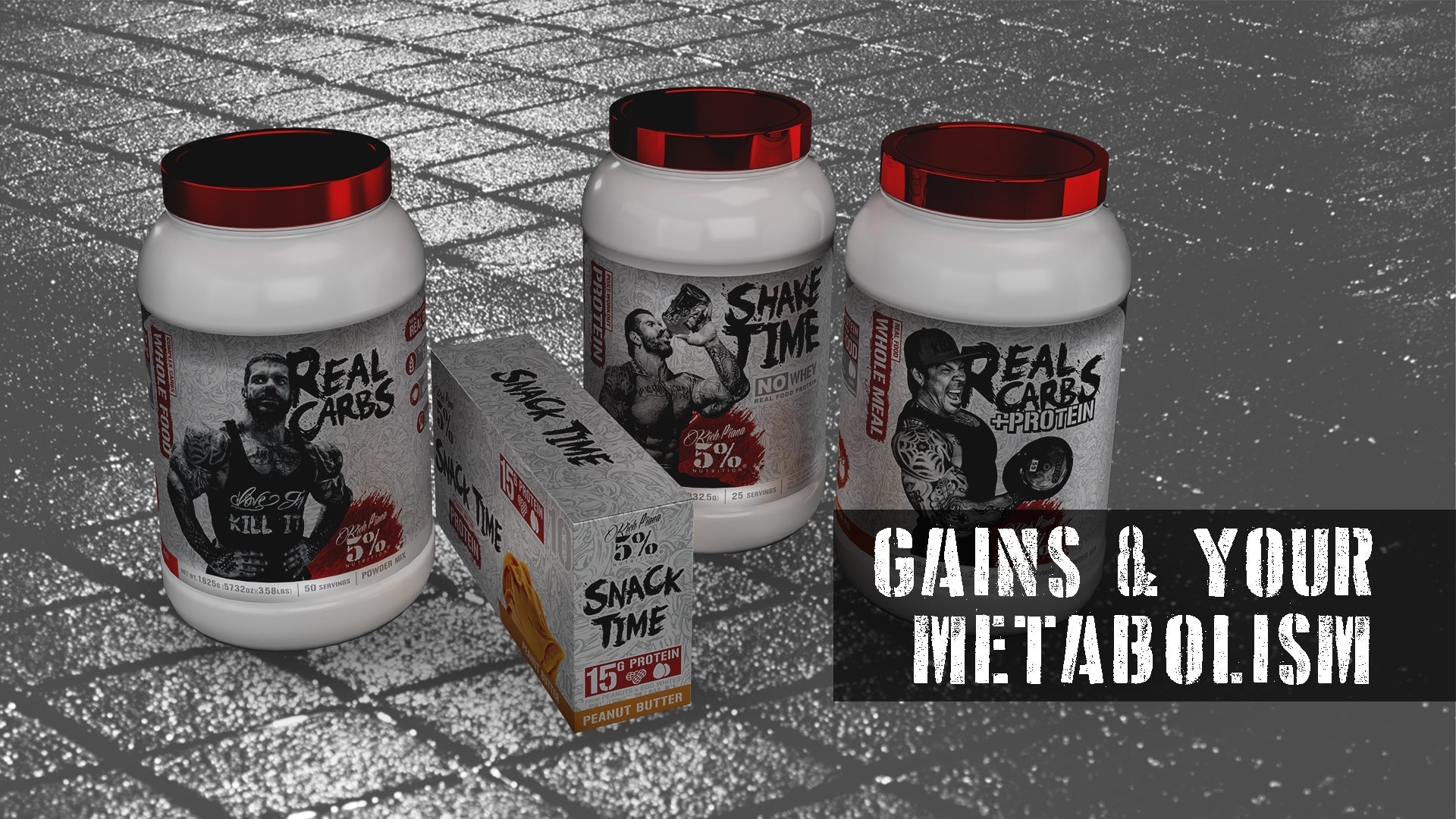In this 2-part Series, we will look at several (8, to be exact) common nutrition myths and misconceptions. We will also look at a couple of supplement myths while we’re here. To make the most progress from your training program, it’s important to have a fundamental knowledge of nutrition and effective supplementation. That’s the best way to avoid getting sucked in by myths and half-truths. With that in mind, it’s time to tackle some myths that need to go!
Myth #1: Eating Carbohydrates Before Bed Will Make You Fat
In general, carbohydrates get a bad rap. The thinking here is if you eat carbs before bed, they will automatically be stored as body fat. Here’s the truth: carbohydrates are your body’s preferred source of energy. You need to eat carbs consistently to maintain your energy needs, including the muscular energy that gets you through your workouts. Once your body has used all the carbohydrates it needs, any excess will be stored as fat.
The problem is not so much carbohydrates but the type and amount of carbs many people eat. It’s one thing if you’re fit and eat clean low sugar carbs. Yet it’s quite another if you’re eating a lot of sugary, fatty foods and snacks. The thing to remember with sugar is that it causes insulin spikes. This in turn causes excess carbs to be stored as body fat. The answer is to eat clean: low-sugar, low-glycemic foods. Eat healthy carbs, such as brown rice, yams, and sweet potatoes. Don’t forget 5% Real Carbs or Real Carbs Rice!
Finally, to be clear, any calorie excess, regardless of where they come from, will lead to gains in body fat. (1)
Myth # 2: You Can Only Digest 30g Of Protein At A Time
Actually, the idea of eating only 30g of protein at a time was common among bodybuilders back in the 1980s. The thinking is that anything over 30g will be excreted. This is false. There is actually no cap or limit on how much protein you could potentially eat at one meal. Of course, it makes sense to keep your protein intake (and total calorie intake) at reasonable levels per meal. But, you don’t need to worry if you have a meal that contains, say, 60g of protein. Your body will digest and use it. Still, this is where protein timing comes in. Plan your meals, including dividing your daily protein goal by the number of meals you intend to eat.
One point to remember, as mentioned above, ultimately any excess calories that the body can’t use for functional purposes will be stored as body fat. Yes, that includes protein. (2)
Myth # 3: Protein Gives You Energy
Here’s a relatively recent misconception. It’s not really a myth in the strict sense. There have been several ads recently that claim protein “gives you more energy”. No mention of anything else protein does, just that it will increase energy. This is a gross misrepresentation of what protein does. First, after water, the body is largely made of protein. It is involved in hundreds, if not thousands, of daily functions required by the body to live. It’s what muscle tissue is mostly made from. There can be no doubt, protein is critical for muscle repair and recovery after a workout.
As noted, the body’s preferred source of energy is carbohydrates. Then fat, then protein. In the absence of carbs and fats, the body will turn to protein for energy. That’s a rare occurrence, and it’s a catabolic use of protein. If you’re a bodybuilder, powerlifter, or athlete, you want protein to be used for muscle-related purposes, not energy. Once the fundamental needs of the body for protein have been met, available protein is used for recovery and repair. This is why quality carbohydrates are important. Rich no doubt knew this when he used to drink Real Carbs post-workout. (3, 4)
Myth # 4: Bodybuilders And Athletes Don’t Need Extra Protein
Let’s play off the last myth. Talking about Myth # 3, we stated that protein is required for hundreds, if not thousands, of daily functions. Then comes your muscle-related needs. The current DV for protein is 50g a day. Most sports nutrition authorities suggest 1.4 to 2.0g of protein per kilogram of body weight.
Let’s break the equation down: 150lbs body weight / 2.2 = 68 body weight in kilograms. 68 x 1.4 = 95g. 68 x 2.0 = 136g. Your range of protein should be 95 to 136g, based on body weight.
Even at the low end, that’s almost double the DV of protein. The reason bodybuilders and athletes need more is simple. The needs for repair, recovery, and growth are over and above the body’s regular need for protein. Of course, 5% Nutrition offers a wide range of convenient, easy-to-use protein products, such as Shake Time, Real Carbs + Protein, Egg White Crystals (you can cook with it!), and Snack Time.
The bottom line is you can’t expect the 50g DV of protein per day to suddenly stretch enough to cover these extra needs. Between your meals and 5% protein options, getting the athlete-recommended level of protein is easy. (5)
Recap
In Part 1, we’ve covered 4 common nutrition myths. Upcoming in Part 2, we look at 4 more, some of which are supplement myths. There’s nothing like finding the truth in the face of myths and misconceptions.
References:
- Hall, K. D., Heymsfield, S. B., Kemnitz, J. W., Klein, S., Schoeller, D. A., & Speakman, J. R. (2012). Energy balance and its components: implications for body weight regulation. The American journal of clinical nutrition, 95(4), 989-994.
- Adibi, S. A., & Mercer, D. W. (1973). Protein digestion in human intestine as reflected in luminal, mucosal, and plasma amino acid concentrations after meals. Journal of Clinical Investigation, 52(7), 1586.
- PowerPoint Presentation (ksu.edu.sa)
- Carbohydrates, Proteins, and Fats - Disorders of Nutrition - Merck Manuals Consumer Version
- Jäger, R., Kerksick, C. M., Campbell, B. I., Cribb, P. J., Wells, S. D., Skwiat, T. M., Purpura, M., Ziegenfuss, T. N., Ferrando, A. A., Arent, S. M., Smith-Ryan, A. E., Stout, J. R., Arciero, P. J., Ormsbee, M. J., Taylor, L. W., Wilborn, C. D., Kalman, D. S., Kreider, R. B., Willoughby, D. S., Hoffman, J. R., … Antonio, J. (2017). International Society of Sports Nutrition Position Stand: protein and exercise. Journal of the International Society of Sports Nutrition, 14, 20. https://doi.org/10.1186/s12970-017-0177-8
